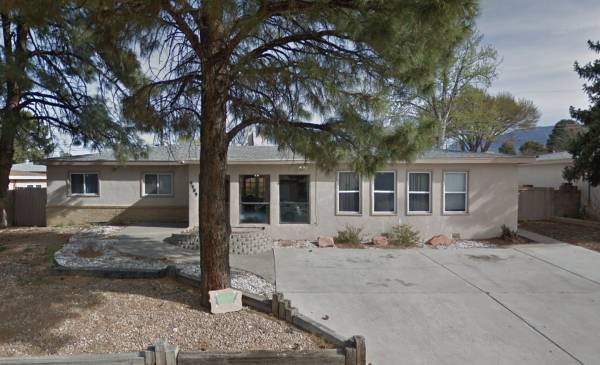
It can prolong caregivers’ ability to provide high quality dementia care and help their loved ones stay in their homes for a longer time. A caregiver's break can provide a boost in physical and emotional well being. Moving to a care facility early can help you save time and money. Respite care offers live-in care, as well as the convenience. For more information on dementia respite care, visit the website Alzheimer's Association.
Conceptualisation of respite care for dementia
Several research studies have suggested that a key element of effective dementia respite care services is their ability to facilitate meaningful engagement between caregivers and people with dementia. These studies showed that while carers may say they don't require help, they may delay getting it. They might also believe they won't need it. This qualitative study found that caregivers may underestimate the caregiving responsibilities of their loved ones until their dementia progresses and becomes difficult to manage.
Respite care offers many benefits but research has shown that it is very rarely used. This is because of the wide variety in care recipients and their characteristics. There are many characteristics that carers and people with dementia can have: their age and relationship, socioeconomic status, role expectation, dementia types, and physical health. Those who seek respite care may have a number of different reasons for needing it, so there is no single, definitive model of its effectiveness.

In-home respite care has its limitations
In-home respite is an option for people with dementia. However there are limitations. This service might not be right for everyone. However, it may be a good option for seniors who can no longer live at home. The professional caregiver can be sent to the residence to assist the primary caregiver while they take a break. In-home respite services allow residents to live in familiar surroundings, which allows them to enjoy their own home. Three quarters of senior citizens prefer to stay at home over receiving care in a nursing facility.
Although there are many benefits to in-home respite for dementia care, some caregivers believe that it is not worth the effort, time and money. Formal interventions can lead to financial problems and a lack of control over care. Some caregivers feel that such care is stigmatizing and disruptive. Research is still underway to find out if in-home respite can be effective for people with dementia.
Respite care is important
NFCSP offers respite services at no cost. However, some families might have to pay a portion depending on their income. The program is administered by local Area Agencies on Aging, which is also known as Aging and Disability Resource Centers. These agencies combine the resources of the federal government, including Medicare, Medicaid, and the Veterans Administration, to make these services available. A friend or neighbor can help your loved one feel at home when they are ready to go.
People with dementia will find that live-in care has many benefits, including the ability for the service provider to be tailored to their individual needs. This type is safer and less stressful that residential care homes. A home-based caregiver is available for your loved ones during a short period of time, unlike assisted living facilities. This allows your loved one to get the rest and care they need, without having to take on the responsibility of daily tasks.

Alternatives to in home respite
There are many alternatives to in-home dementia respite. These services may be volunteer-driven or provided by a healthcare facility. These services provide the same benefits as a residential setting without the cost or hassle of hiring a caregiver. If the resident has very low needs, this type of care may be an option. Certain types of in home respite care might require special considerations.
As a result, family caregivers can become tired and depressed from providing 24-hour care. If this happens, caregivers can add to their care by attending work meetings or running errands. Two-weekly family baths are a great way to allow everyone to get together and give caregivers a break. Respite care can also help caregivers to avoid burnout by giving them the time and space they need to rest and rejuvenate.